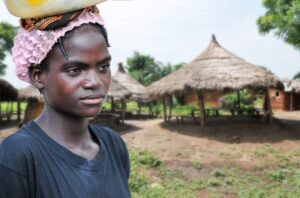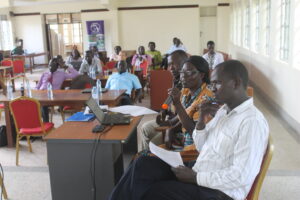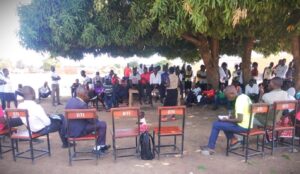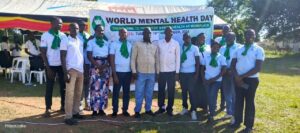Summary of Key Results – CCVS-Uganda Annual Report 2024
The prolonged conflict in Northern Uganda has left deep psychological scars, with many individuals suffering from trauma, depression, anxiety, and PTSD. Despite the high need for mental health services, many affected individuals have never received adequate psychological support. Addressing these challenges remains a priority for CCVS-Uganda.
In 2024, CCVS-Uganda provided psychological counseling to 831 individuals, with a majority being women. These services extended indirect benefits to an estimated 4,155 family members. Therapy sessions were structured to include individual, group, family, and couple counseling, ensuring comprehensive mental health support.
Beyond direct counseling, CCVS-Uganda prioritized awareness and education on mental health issues. Sensitization programs reached approximately 2,800 people, equipping communities with knowledge on the impact of war-related trauma and coping strategies. Additionally, a weekly radio talk show, Mado Cwiny, engaged 319 listeners in discussions about psychological well-being, allowing for broader community participation.
Collaborations with local governments, NGOs, and international organizations strengthened mental health service delivery. CCVS-Uganda trained 110 stakeholders in Psychological First Aid and referral pathways, enhancing local capacity to address mental health challenges. Regular follow-ups with therapy beneficiaries revealed significant improvements, with symptoms of anxiety, depression, and PTSD decreasing notably over time.
Despite these successes, the organization faced several challenges, including high staff turnover due to increased demand for qualified counselors, limited funding, and the need for long-term psychological support. Many individuals require extended therapy beyond the available resources, highlighting the need for sustainable mental health interventions.
Community engagement remained a vital component of CCVS-Uganda’s work. The organization spearheaded the first district-level World Mental Health Day celebration, which drew 468 participants and focused on promoting mental health awareness in workplaces and communities.





